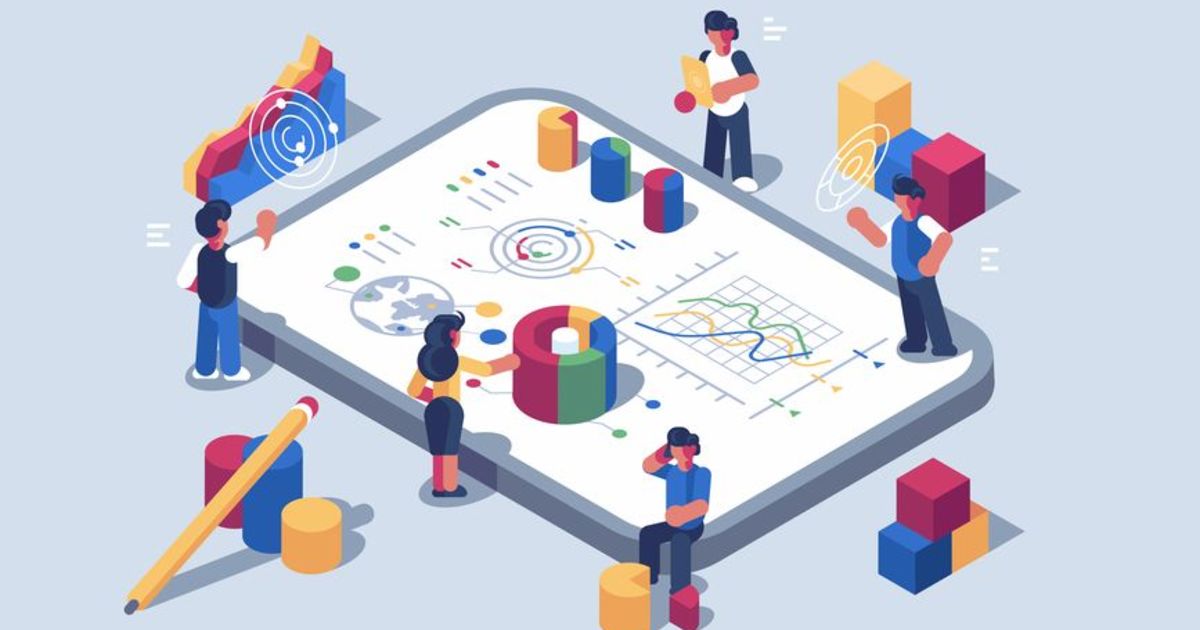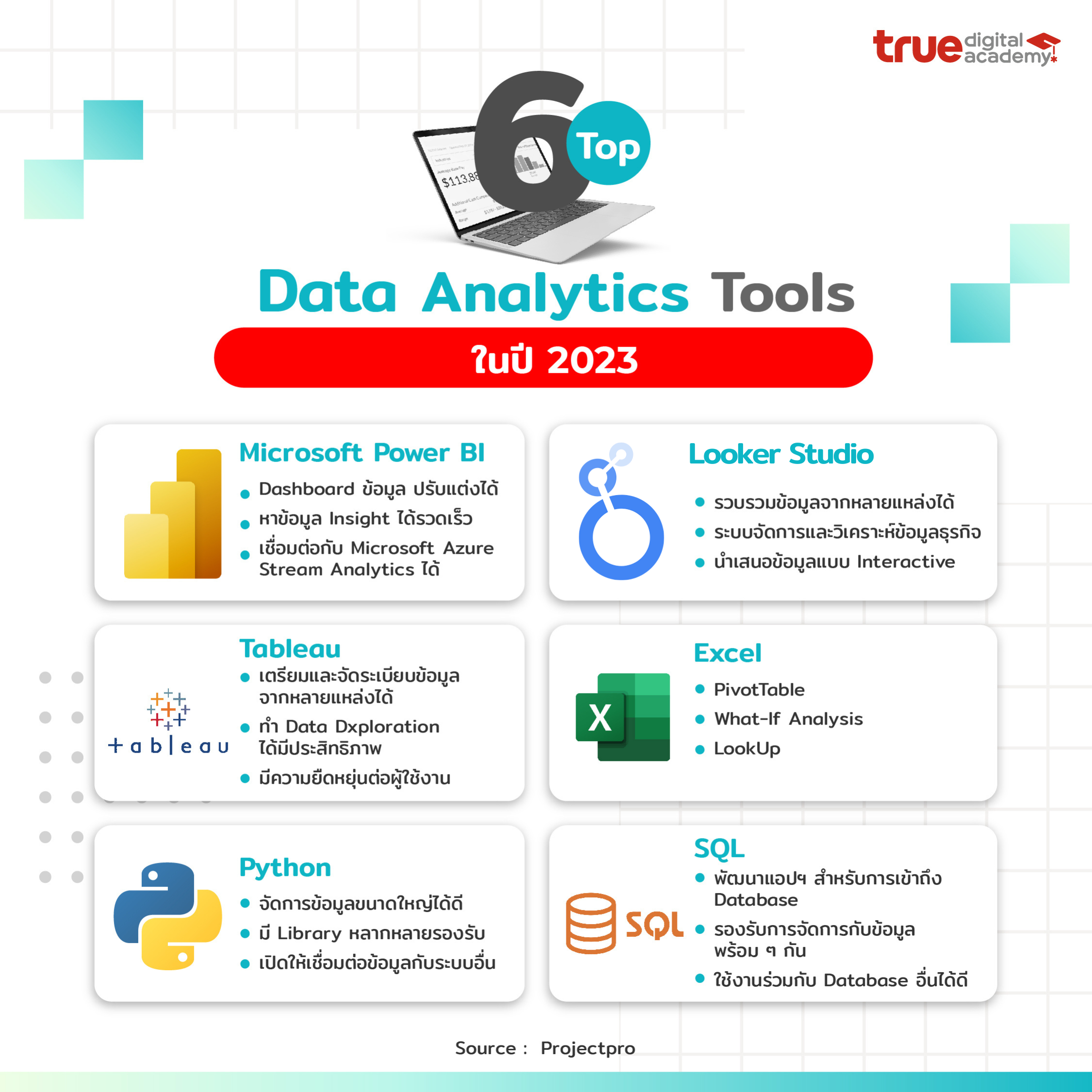Gain Competitive Edge With Effective Analytics Implementation
Wiki Article
Make Best Use Of Development: Exactly How Analytics Drive Better Strategies
In today's data-driven landscape, companies progressively recognize the crucial function of analytics fit reliable growth approaches. By taking advantage of information insights, organizations can fine-tune their functional approaches, anticipate market changes, and enhance customer engagement. Nevertheless, the difficulty exists not just in gathering data however in effectively analyzing it to drive substantial results. As we explore the essential advantages and approaches connected with analytics, an essential inquiry arises: just how can companies ensure they are leveraging these understandings to open their full possibility? The solution may redefine the future of calculated planning.Understanding Information Analytics
Information analytics is an organized computational analysis of information that allows organizations to uncover purposeful patterns and insights. This process incorporates a range of strategies, including analytical evaluation, predictive modeling, and data mining, which jointly aim to change raw data into actionable details - Analytics. By using these methods, companies can make educated decisions that are rooted in empirical evidence instead than intuition aloneThe structure of data analytics exists in its capacity to manage vast amounts of details from diverse sources. This includes structured data, such as data sources, and unstructured information, consisting of social media communications and client responses. With the use of specialized software application and tools, analysts can remove and refine this data successfully, recognizing patterns and relationships that may not be right away evident.
Comprehending data analytics likewise entails acknowledging the importance of data high quality and integrity. Accurate and dependable data is critical for purposeful analysis; therefore, companies need to implement robust information governance techniques. The iterative nature of analytics allows for constant refinement and improvement of methods, making certain that organizations stay agile in the face of altering market dynamics and customer actions.
Trick Advantages of Analytics

One of the key advantages of analytics is its capacity to give workable understandings. Organizations can swiftly examine substantial amounts of information, revealing patterns that may not be right away evident.
One more significant advantage is boosted consumer understanding. Analytics tools enable businesses to segment their target market, track consumer behavior, and individualize advertising and marketing efforts. This targeted method not only boosts client engagement yet likewise drives higher conversion prices.

Implementing Analytics Techniques
To totally realize the benefits of analytics, organizations need to adopt structured approaches for implementation. This begins with plainly specifying objectives that line up with more comprehensive company objectives. By developing particular, quantifiable end results, organizations can focus their analytics initiatives on locations that yield the greatest roi.Next, organizations must focus on information governance to guarantee the integrity and safety and security of the information being evaluated. This entails establishing procedures for information collection, storage space, and accessibility while sticking to relevant policies. Guaranteeing high-grade data is important for producing purposeful understandings.
In addition, fostering a culture of data-driven decision-making is important. This needs training workers to translate analytics findings and encouraging partnership across departments. They are extra most likely to incorporate insights into their daily operations. when groups recognize the worth of analytics.
Finally, organizations ought to on a regular basis examine and fine-tune their analytics techniques. The landscape of data and technology is continually evolving, and remaining versatile will allow companies to utilize new tools and methodologies properly. By applying these structured techniques, companies can maximize the influence of their analytics campaigns and drive sustainable growth.
Devices for Efficient Analysis
Effective analysis counts on a range of tools that promote the removal of insights from data - Analytics. These devices can range from straightforward spread sheet applications to sophisticated equipment discovering platforms, each offering an unique objective in the analytical processInformation visualization software program, such as Tableau and Power BI, other plays an essential function in changing complicated datasets right into understandable graphical depictions. These devices allow experts to recognize patterns and patterns promptly, allowing for even more enlightened decision-making.
Statistical analysis software application, like R and SAS, supplies advanced capabilities for carrying out comprehensive analyses, including about his regression, hypothesis screening, and anticipating modeling - Analytics. These attributes empower organizations to draw significant verdicts from their information, identifying potential chances and dangers
Moreover, data source monitoring systems such as SQL and NoSQL data sources provide the required facilities for keeping and inquiring big quantities of information effectively. They make certain that information is arranged and obtainable for evaluation.
Lastly, business intelligence systems integrate various data resources, providing a comprehensive view of organizational efficiency. By making use of these devices successfully, organizations can boost their logical abilities, enabling them to establish techniques that optimize growth and improve overall performance.
Study of Success
Effective organizations frequently utilize data analytics to drive impactful strategies, as confirmed by several significant case researches. By employing these understandings, Netflix has efficiently tailored its material recommendations, resulting in boosted user involvement and subscriber retention.
In addition, Starbucks employs read this article data analytics to figure out optimal store places and improve its item offerings. By examining customer demographics and buying patterns, Starbucks successfully determines high-potential markets and customizes its food selection to neighborhood tastes, driving sales and customer loyalty.
These situation researches highlight that effective use of information analytics can bring about strategic advantages, fostering development and growth within organizations across numerous sectors.
Conclusion
Finally, the combination of analytics into business techniques dramatically boosts decision-making procedures and promotes sustainable growth. By leveraging data-driven understandings, businesses can recognize fads, expect market shifts, and optimize procedures. The efficient application of analytics tools better sustains agility and development, enabling companies to navigate competitive landscapes with better precision. Ultimately, a dedication to analytics not just drives immediate efficiency enhancements but additionally protects long-lasting success in an ever-evolving marketplace.Information analytics is a systematic computational evaluation of data that makes it possible for organizations to discover meaningful patterns and understandings.Understanding information analytics also includes recognizing the value of data high quality and honesty. Accurate and trusted data is crucial for significant evaluation; thus, organizations have to implement robust information administration practices.Following, companies should prioritize information governance to make sure the honesty and safety of the information being analyzed.Successful companies often utilize data analytics to drive impactful approaches, as evidenced by several significant instance studies.
Report this wiki page